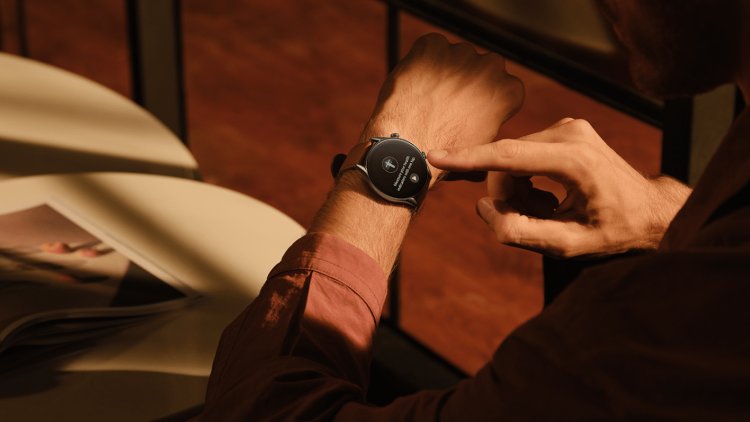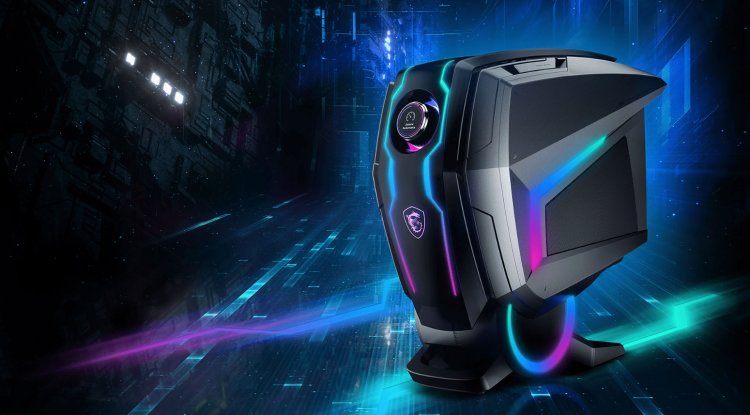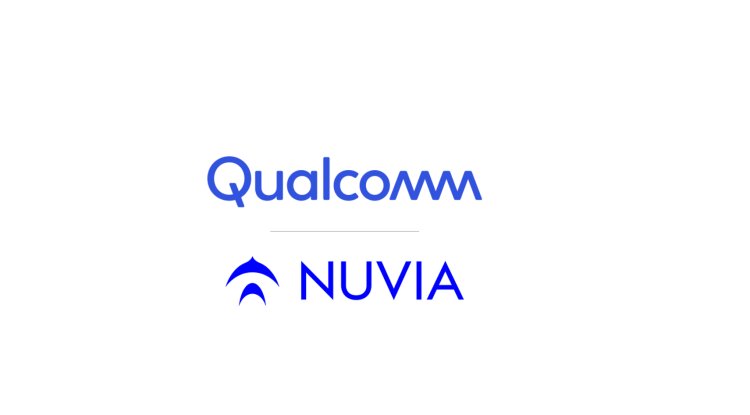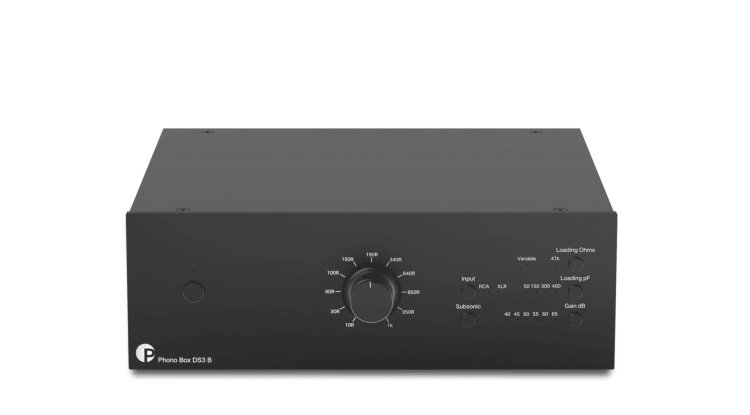The Amazfit GTR 3+ Smartwatch

With its sleek, elegant design, 1.45" and 480-pixel AMOLED panel, tempered watch glass, 5 ATM protection, careful aluminum housing, and two good buttons housed in the 70-spring frame, Amazfit is the professional itself.
Featuring a crown, microphone, and speaker, 2.3GB of music storage with fast WiFi transfer, a third-generation pulse oximeter, gyroscope, accelerometer, dual-channel GPS, barometer, compass, thermometer, and a light meter.
The magnetic capsule charges the GTR 3 Pro from the plastic backing, and it lacks NFC, an ECG, and a blood pressure monitor. These trade-offs can be lived with at a lower price than the competitors, and the 22mm interchangeable leather strap Amazfit is suitable for the meeting - it's worth swimming with the black fluoroelastomer version.
It is quite pleasant to wear and stable with a good buckle because, despite the fact that the design of Amazfit at 46 x 46 x 10.7 millimeters is clearly for a man, it weighs 42 grams less than a Fenix 7X.
Let's say the black pack is also light, as it only includes the clock, the description, and the USB-A overhead cable, with no data transfer option, so you can get started with Zepp iOS / Android, and then the great click seeing the bright, needle-sharp AMOLED panel with explosive colors and contrasts.
Among the wrist accessories is a minimalist screen that responds rapidly to touches and adjusts brightness cleverly during the day and night.
Although WiFi is available for music transfer, Amazfit watches only exchange data over Bluetooth, namely with an iOS or Android mobile phone, thus complete independence is not an option.
On the main page, Zepp includes a well-equipped application that displays our PAI activity data, our last sleep cycle, heart rate, stress and blood oxygen saturation level, body weight and BMI index, training history, daily movement data, and breathing statistics, and training status.
A few clock settings are easier to change from here, but a step-by-step instruction would have gained you permissions, body data, daily goals, preferred sports, silent mode, and widgets.
Due to cellphone notifications, we will look at the watch most of the time - an active display can always be requested, but the panel will also flash for wrist movement. When you receive many Messenger messages in different chat windows, only a subset of them can be read back from the clock.
Furthermore, you cannot delete messages from the drop-down notification list one by one, only by opening them separately or all at once, and read alerts from your phone will not disappear after deleting them.
The Zepp OS, on the other hand, is amazing in its simplicity: you can flick through the switches on top, the info cards on the left, and the interactive widgets on the right with all the important information and functions, apps appear on the crown, and training possibilities appear.
Hundreds of watches in animated, data-scattered, or absolutely minimalist formats are available to suit all styles and purposes. Data fields, on the other hand, are rarely customizable, and when you tap them, the linked app does not appear.
In addition to the activation functions and training history, the application list includes the calendar, alarm clock, phonebook, menstrual calendar, voice memo, to-do list, world clock, flashlight, phone finder, sun and moon cycle, compass, stopwatch, barometric altimeter, and the Pomodoro, which allows us to focus our attention on half-hourly stages.
The music player also manages the phone software and the mp3 files transferred to the watch, although the transfer was fraught with issues.
The good news is that the WiFi Direct connection is at least ten times faster than the painfully slow Bluetooth transfer. However, the connection only came together for the fifth time, both automatically and manually.
The Zepp OS is a full-fledged operating system because it can be installed with a couple of simple apps such as GoPro Manager, BMI Calculator, or Calculator.
However, don't anticipate Google Maps or any similarly valuable, complicated, and hardware-intensive program, since there isn't enough hardware. Similarly, there are no things associated with the Google, Apple, or HMS ecosystems.




























